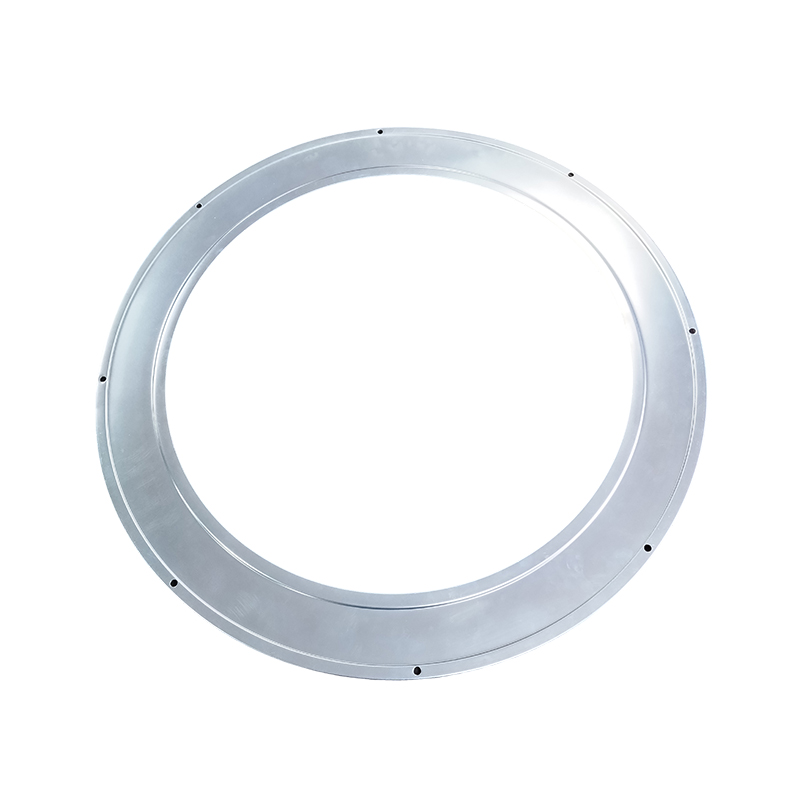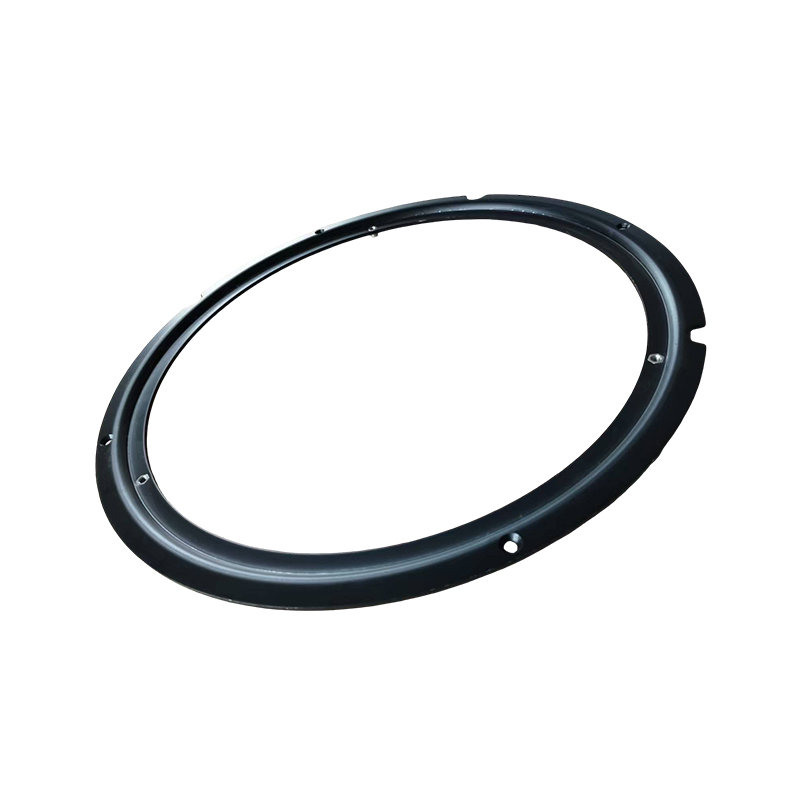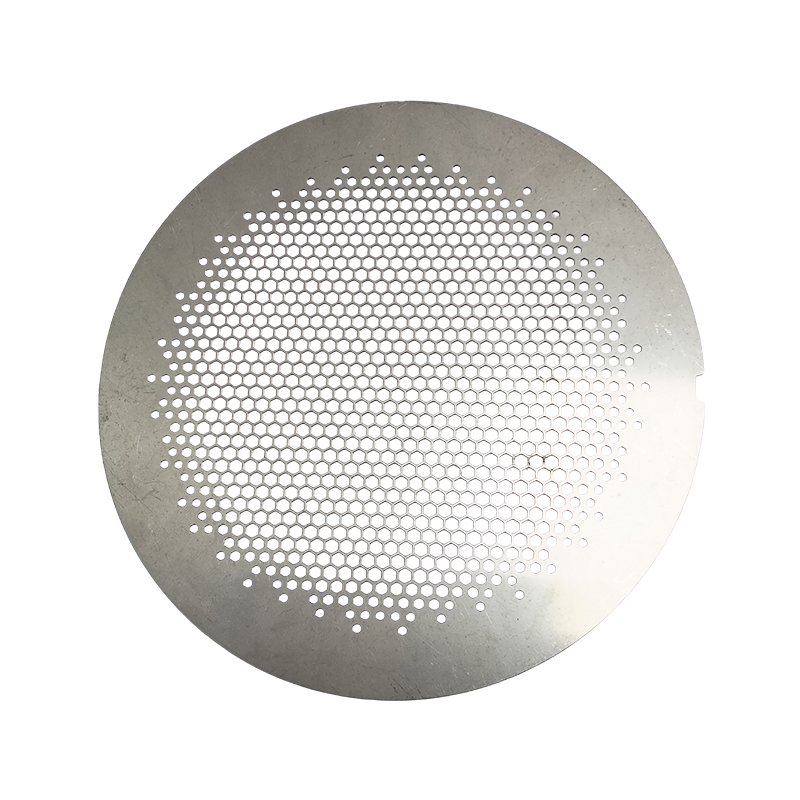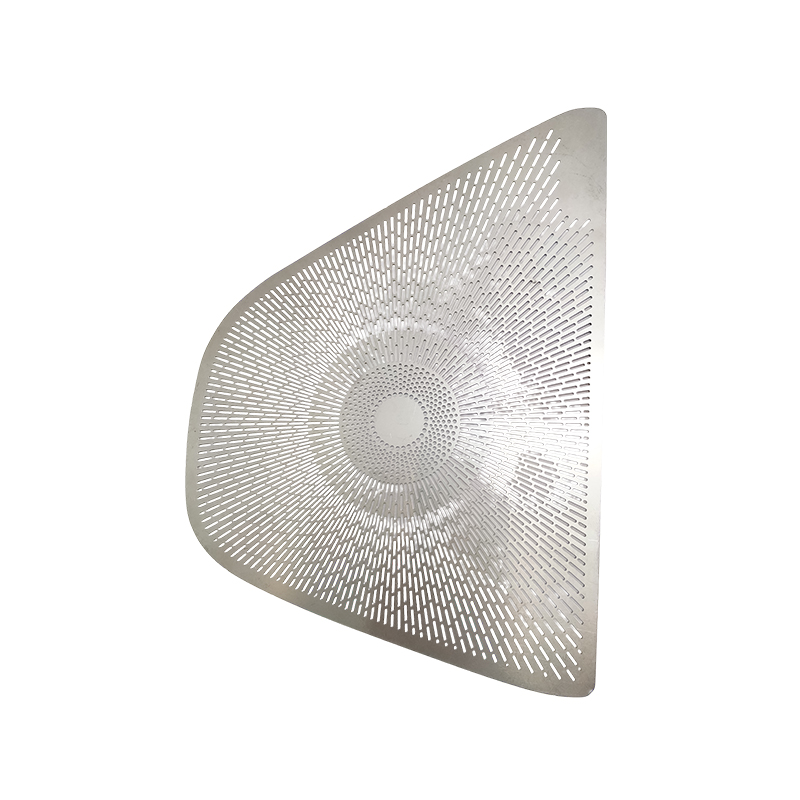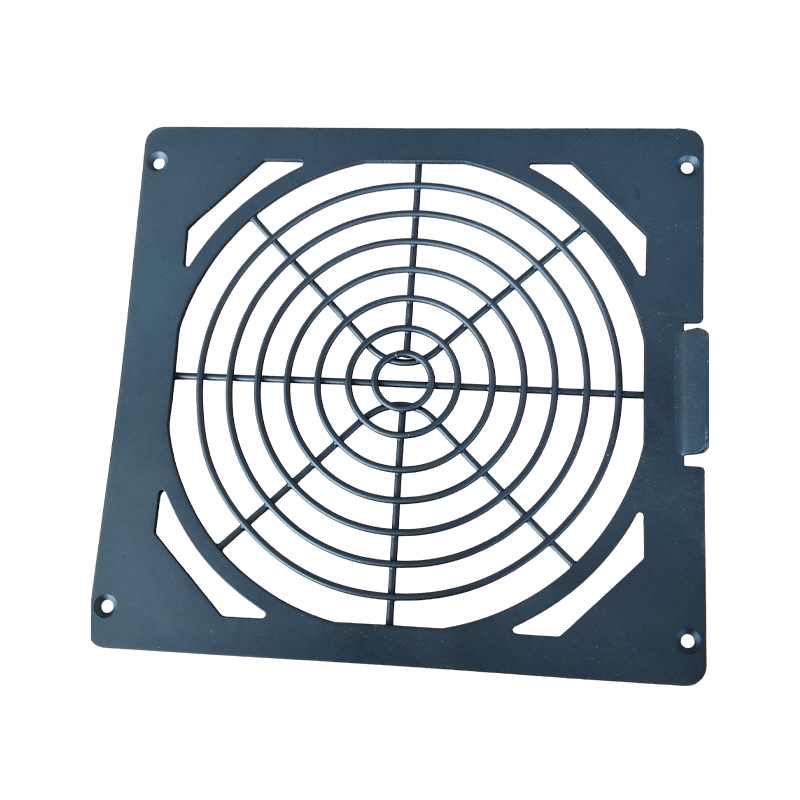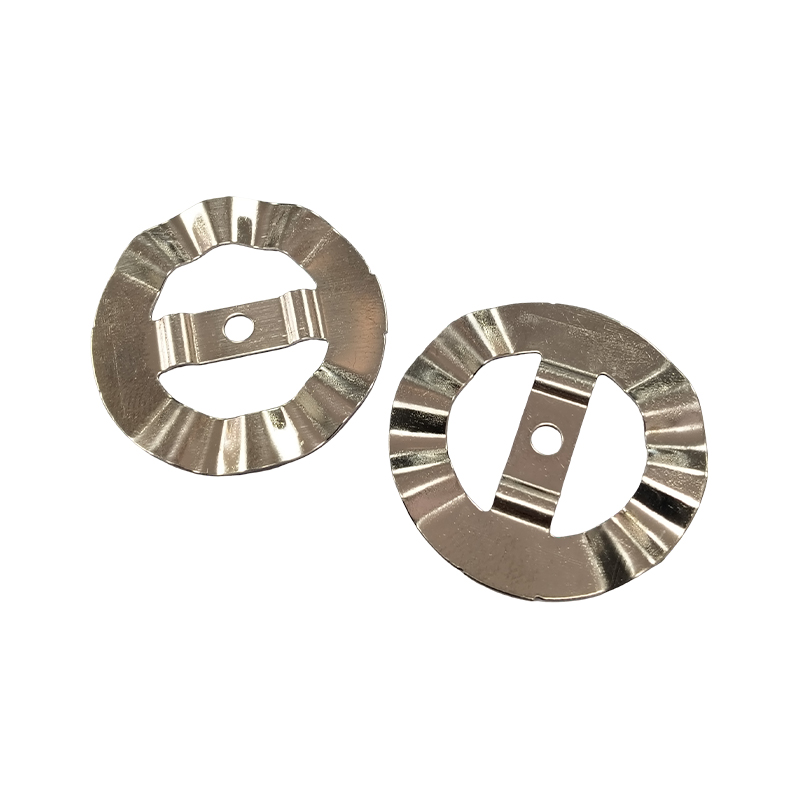Copyright © Dongguan GiPin Plastic And Cast lron Co., Ltd. All Rights Reserved. Site Map
- +86-13602337865
- jason_gipin@outlook.com
- No. 6, Beimen 1st Road, Nankeng Village, Qishi Town, Dongguan City, Guangdong Province
- Home
-
Our Services
- Die-Cast Aluminum Alloy Audio Products
- Die-Casting Aluminum Alloy Communication Products
- Aluminum Alloy CNC Processing Products
- Die-Cast Zinc Alloy Automotive Communication Products
- Die-Cast Zinc Alloy 3C Electronic Products
- Aluminum Alloy Die-Casting Molds, Zinc Alloy Die-Casting Molds, CNC Machining Fixtures, Stamping Molds, Plastic Molds
- Stamping Parts
- Display
- Solutions
- News
- About
- Partners

